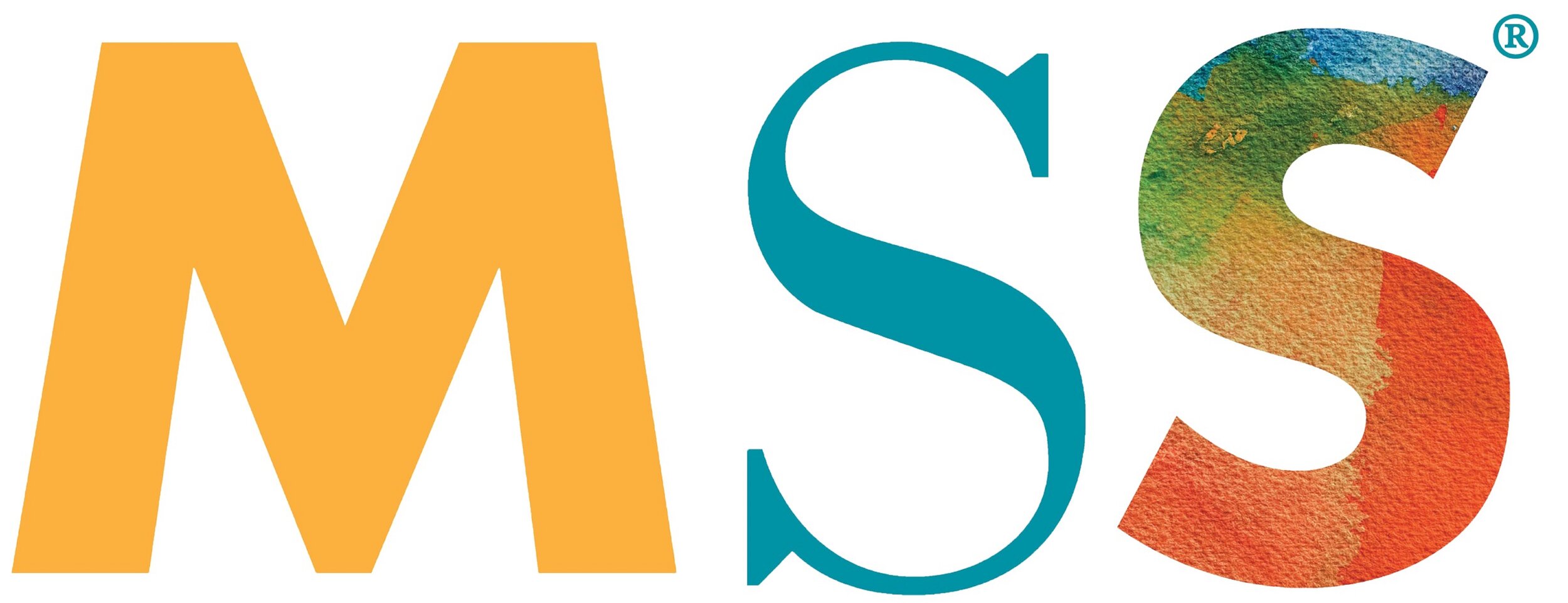MSS Hosts Virtual Watch Party of Netflix Documentary "Crip Camp: A Disability Revolution"
The new Netflix documentary, Crip Camp: A Disability Revolution (2020), is described as “a groundbreaking summer camp galvanizes a group of teens with disabilities to help build a movement, forging a new path toward greater equality.”
The film shows how a segment of the disability rights movement started at Camp Jened summer camp in the 1960s and 70s in New York. As this group of teenagers became adults, the film documented their experience with the Centers for Independent Living in Berkeley, CA and how they held protests and sit-ins for the upholding of the section 504 plan that dealt with accessibility for government-funded buildings and programs. The film ends with the signing of the ADA in 1990.
Lisa Riley, Program Supervisor at MSS-Eagan, facilitated a virtual watch party for the film Crip Camp in May 2020 with persons served at MSS.
“I had never learned so specifically about the actions of the people behind this movement, and this film had a profound effect on me. I went on to read a number of articles and memoirs of people I learned about in this film, including Judith Heumann. This information inspired me to share with others who also may not have learned about this at the time,” said Riley.
Riley paused the film at certain moments throughout the film and asked questions like:
Has anyone gone to summer camp as a teenager? Was it like what you see on the screen
This was a time before schools, public education, public libraries, museums, curbs, public restrooms, buses, and trains were accessible. Airplane restrooms are still inaccessible. Have you ever encountered a space that was inaccessible to you? What did you do?
You see people protesting, carrying signs, and demanding change. Have you ever done this? Would you want to do this?
We know that the ADA and its amendments have made strides in giving everyone more equal access to the community. What more needs to happen?
Riley shared how she facilitated this type of virtual discussion group: “I gave every attendee time and space to respond; muting others if needed. I did not necessarily want to tell people what to think about it. I wanted to hear their thoughts and feelings about what they were watching and what they understood. We sent out a 4-choice communication grid ahead of the watch party, which included the options: ‘Yes,’ ‘No,’ ‘I Don’t Know,’ and blank, to aid in engagement and conversation for people who could not use their voice to answer questions. Some people just spent their turn thinking about it. As a group, we gave them space and time to do that without expectation of an answer. It was valuable and it was enough just to sit with it.”
Riley hosted a secondary discussion group to dive further into the movement’s history with those interested.
The producers of the film have created Crip Camp: The Official Virtual Experience that will take place every Sunday afternoon over the summer. They have set speakers each week and it’s an opportunity for people to share their own experiences with accessibility or lack thereof. The Crip Camp website also includes an option to host your own screening with a discussion guide, if you’d like to watch and discuss with your friends or family.

